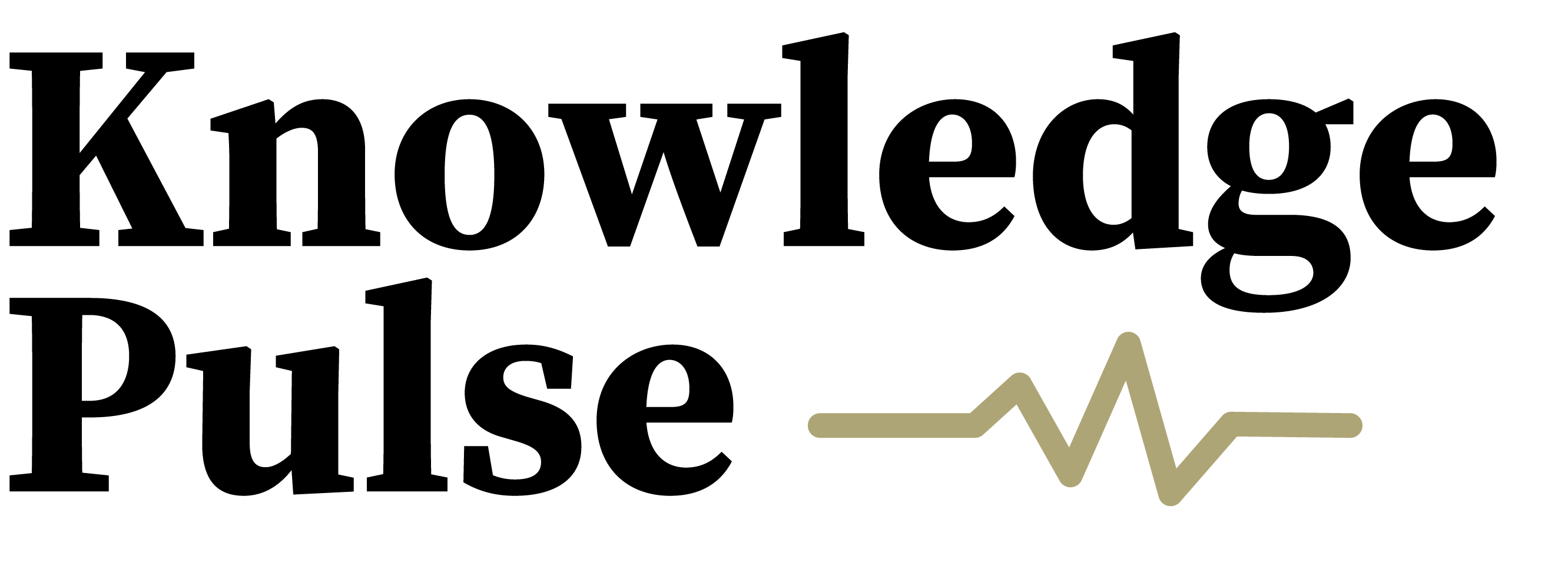Understanding ADHD and Its Treatment Needs
Attention deficit hyperactivity disorder (ADHD) is a neurodevelopmental condition that affects both children and adults. Characterized by symptoms such as inattention, impulsivity, and hyperactivity, ADHD can impact daily functioning, relationships, and work or academic performance. Fortunately, there are various ADHD treatments available to help manage these symptoms. However, not all treatments are accessible to everyone due to financial constraints.
For individuals seeking affordable care, it’s crucial to first understand the range of treatment options. These may include behavioral therapy, medication, lifestyle changes, and support programs. Each of these approaches can be effective, especially when tailored to the individual’s needs. Many clinics and community health centers provide low-cost or sliding scale services, which can significantly reduce the financial burden of treatment.
In particular, adult attention-deficit/hyperactivity disorder (ADHD) often goes undiagnosed or untreated due to cost concerns. Yet, affordable care is increasingly being made available through online platforms, non-profit organizations, and local mental health clinics. Early diagnosis and consistent management play a key role in maintaining a balanced and productive life.
Affordable Medication Options
Medication is one of the most common ADHD treatments, especially for moderate to severe cases. While some medications can be expensive, there are cost-effective alternatives. Generic versions of stimulant and non-stimulant medications are often significantly cheaper than their branded counterparts and can be just as effective.
Here are some strategies to lower medication costs:
- Ask your healthcare provider about generic alternatives.
- Use prescription discount cards or programs available through various pharmacies.
- Check for patient assistance programs offered by pharmaceutical companies for low-income individuals.
- Compare prices at different pharmacies using online tools before purchasing.
It’s also worth noting that some community clinics offer prescriptions at reduced prices or may help patients apply for assistance programs. For adult attention-deficit/hyperactivity disorder (ADHD), medication can greatly improve focus and reduce hyperactivity, making it easier to manage daily responsibilities.
Behavioral Therapy and Counseling on a Budget
Behavioral therapy is a core component of ADHD treatments and can be particularly effective when combined with medication. Therapy sessions help individuals develop coping mechanisms, improve organizational skills, and manage impulsive behavior. Therapy can be costly, but there are ways to access it affordably:
- Seek out clinics that offer services on a sliding fee scale based on income.
- Look for group therapy sessions which are generally more affordable than individual counseling.
- Utilize university counseling centers, where graduate students provide therapy under supervision.
- Explore teletherapy platforms that often offer reduced rates for online sessions.
Therapy is especially important for adult attention-deficit/hyperactivity disorder (ADHD), as adults often face unique challenges such as managing household responsibilities, maintaining careers, and fostering relationships. Affordable therapy options make it possible to address these challenges without excessive financial stress.
Lifestyle Changes That Support ADHD Management
While professional support is crucial, lifestyle adjustments can also serve as effective and affordable ADHD treatments. These changes can complement other treatment methods and improve overall well-being. Incorporating structure and consistency into daily routines can significantly reduce ADHD symptoms.
Some beneficial lifestyle changes include:
- Establishing a consistent sleep schedule to enhance focus and reduce impulsivity.
- Engaging in regular physical activity, which has been shown to improve attention and mood.
- Using tools like planners, reminders, and apps to maintain organization.
- Maintaining a balanced diet, avoiding excessive sugar and caffeine.
These approaches are especially helpful for those who may not have immediate access to medical or therapeutic care. For individuals coping with adult attention-deficit/hyperactivity disorder (ADHD), these daily practices can foster independence and reduce reliance on costly interventions.
Community Resources and Support Networks
Community support can play a vital role in managing attention deficit hyperactivity disorder (ADHD) – treatment. Many local and online groups provide educational materials, peer support, and even referrals to affordable service providers. These networks are often free or have a minimal membership cost, making them a practical option for those on a budget.
Resources to consider include:
- Non-profit organizations focused on ADHD awareness and education.
- Online forums and social media groups for shared experiences and advice.
- Local support groups hosted by mental health organizations or community centers.
- School-based programs for children and teens, which often include counseling and academic support services.
These resources are not only cost-effective but also offer a sense of community and understanding that can be reassuring for individuals and families. For adults living with ADHD, connecting with others facing similar challenges can be both empowering and informative, often leading to new coping strategies and treatment ideas.
Conclusion: Making ADHD Treatment More Accessible
Living with ADHD can present daily challenges, but cost should not be a barrier to effective care. From affordable medication and therapy options to community support and lifestyle changes, there are many ways to manage attention deficit hyperactivity disorder (ADHD) – treatment without overwhelming financial strain. This is especially true for adult attention-deficit/hyperactivity disorder (ADHD), where access to streamlined and affordable care can make a significant difference in quality of life.
By exploring low-cost solutions and utilizing available resources, individuals and families can take proactive steps toward managing ADHD. Whether through generic medications, sliding-scale therapy, or supportive community networks, affordable ADHD treatments are within reach for those who seek them out with the right information and support.








